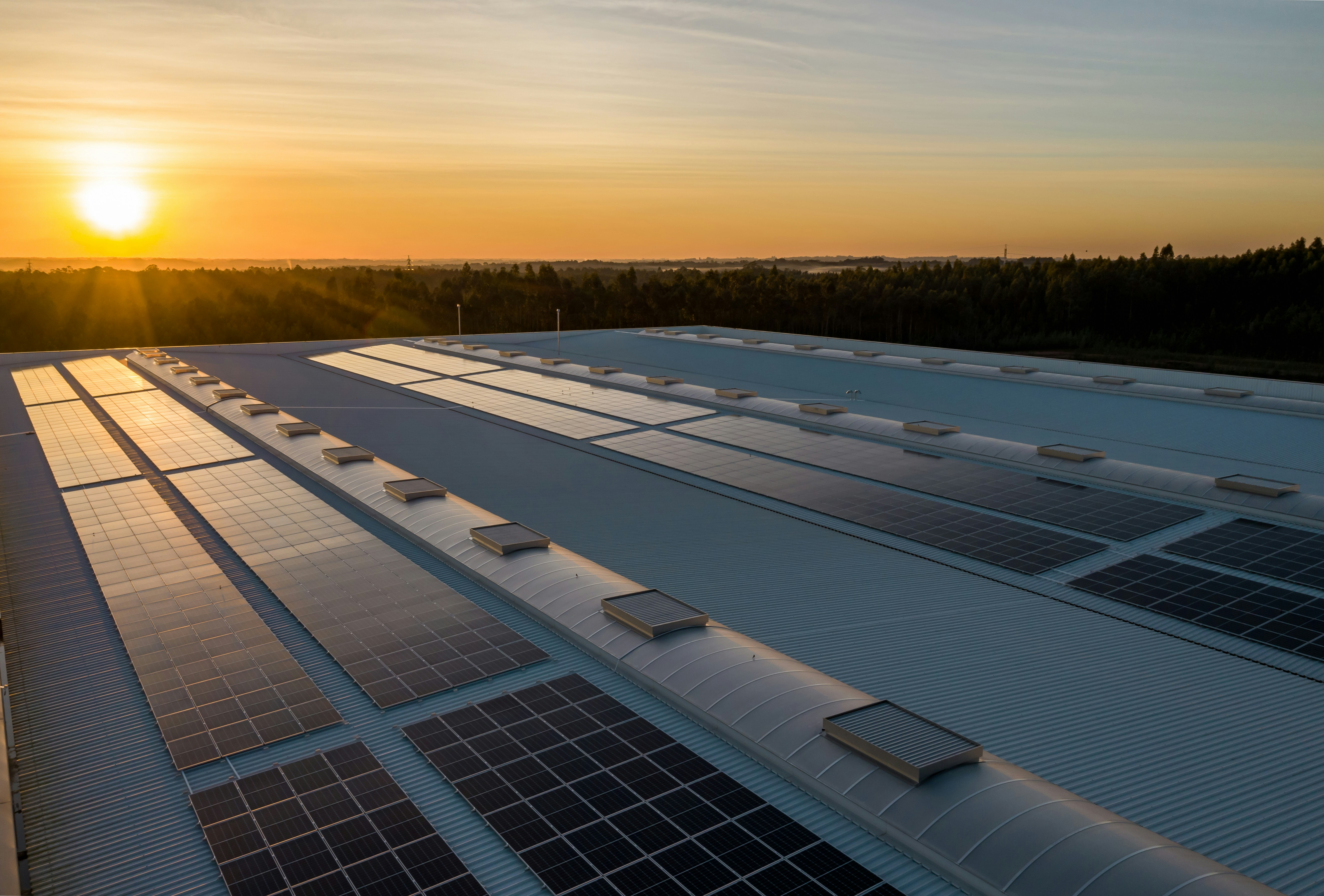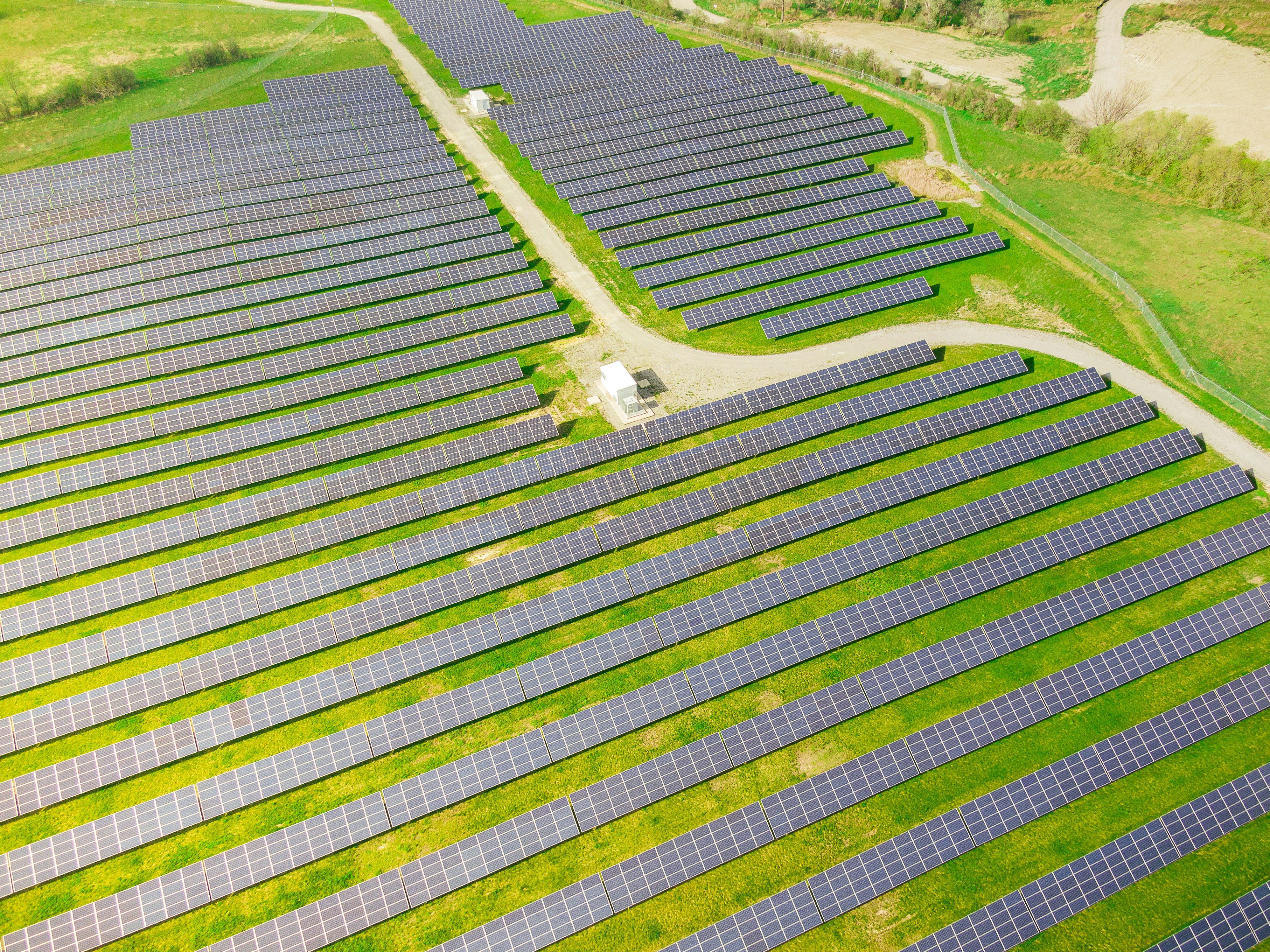Are you curious about the effects of solar power systems on your home’s resale value? In this article, we’re taking an insightful journey into the world of renewable energy and its influence on real estate market rates. Skillfully using easy-to-understand language and factual information, this article you’re about to read will shed light on how solar energy systems can enhance housing values. So sit back, sip your coffee, and read on to unveil the intriguing correlation between solar power and your home’s resale worth.
Impact of Solar Power on Resale Value
As you start considering solar power for your home, it’s essential to understand the profound impact it can have on the resale value of your property. Solar power is a green technology that has gained tremendous popularity in recent years, and this trend is reflected in the housing market. Homebuyers are becoming increasingly interested in properties with solar power installations, recognizing the cost savings and environmental benefits that come with these systems.
General impact on resale value
Generally, solar power systems can significantly enhance the resale value of your home. A house with a solar installation can command a higher price on the market compared to an identical property without such a system. The increased value comes from the appreciation of the added asset of the solar power system and the reduced energy costs for the future homeowners.
Comparison between homes with and without solar power
Homes with solar power systems almost always sell at a premium compared to similar homes without solar power. The price difference is influenced by multiple factors, including cost savings on energy bills, the current market trends, and the environmentally conscious mindset of the potential buyers.
Survey results on solar power and resale value
Many surveys show that potential home buyers are ready to pay more for homes equipped with solar power systems. In these studies, a significant number of respondents have stated that they would be willing to spend extra on a home if it had a solar power installation. This trend strongly suggests that solar power can lead to an increase in your home’s resale value.
Cost, Savings, and Return on Investment (ROI)
Integrating solar power comes with an upfront cost. However, the potential savings and attractive ROI make it a worthwhile investment.
Initial costs and potential savings
The initial cost of a solar power system includes the purchase price of the panels and the installation fees. However, these costs can be recouped over time through decreased energy expenses. In many cases, homeowners can even generate excess power which they can sell back to the grid for extra income.
Calculating the return on investment
To calculate the ROI on your solar power system, you need to take into account the upfront costs and monthly savings on energy costs. This calculation reveals how long it will take to recover the initial investment. With the continual rise in energy prices, investing in solar power today could mean significantly more savings in the future.
Potential risks and pitfalls
Though the potential benefits of solar power are significant, you should also be aware of the risks and pitfalls. These could include mishaps during installation, premature system failures, or changes in government incentives that could affect the financial viability of your investment.
Different Types of Solar Power Systems
There are different types of solar power systems, and it’s essential to understand how each type can influence your home’s resale value.
Comparison of photovoltaic and thermal solar systems
Photovoltaic solar systems convert sunlight directly into electricity, while thermal solar systems utilize heat from the sun to heat water or air for home use. While photovoltaic systems might yield higher energy savings, thermal systems can be more efficient in areas with colder climates.
Functionalities and benefits of different solar power systems
Different solar power systems offer different functionalities. For instance, some may allow net metering, which means you can sell surplus power back to the grid. They may also offer battery storage, which means you can store excess energy for use when needed.
How different types affect resale value
The type of solar power system installed can affect a home’s resale value. A modern, efficient, and reliable system can increase the home’s value more than an older or less efficient one.
How Green Certifications Increase Home Value
Green certifications indicate that your property adheres to certain environmental and sustainability standards. This can significantly enhance your home’s resale value.
Understanding green certifications
A green certification for a home essentially means that the property incorporates design, construction and operational practices that significantly reduce or eliminate its negative impact on the environment and its occupants.
Impact on home’s resale price
Homes with green certifications have been shown to sell at a premium compared to similar properties without these certifications. The higher resale value comes from the perceived added benefits of energy efficiency, lower operating costs, and a healthier indoor environment.
Popular green certifications and their effects on resale value
A few of the more popular green certifications include LEED (Leadership in Energy & Environmental Design), ENERGY STAR, and Living Building Challenge. Homes with these certifications often see a substantial increase in their resale value.
Role of Location and Climate
The geography and climate of your area play a significant role in the effectiveness of your solar power system, and consequently, it can influence the resale value of your home.
How the geography affects solar power utility
The geography of your location can greatly influence the effectiveness of your solar power system. Homes in areas that receive more sun will typically generate more solar power. On the other hand, homes in less sunny regions might produce less solar power but could still benefit from thermal solar systems.
Relationship between climate and solar panels’ efficiency
While solar panels need sunlight to generate electricity, they can perform less efficiently under extremely high temperatures. Therefore, an ideal climate for solar power could be a place that receives plenty of sunlight but doesn’t get extraordinarily hot.
Location and climate influence on resale value
Homes in sunny locales where solar power is more effective can see a higher increase in resale value. Potential buyers in these areas might be more aware of the benefits of solar power and more willing to pay a premium for a solar-powered home.
Perceptions and Preferences of Potential Home Buyers
The perspectives of potential home buyers on solar power can significantly impact the resale value of your home.
Survey results on homebuyers’ views on solar power
Surveys suggest that many home buyers are becoming progressively interested in solar-powered homes. Solar power is commonly perceived as a way of reducing utility bills and contributing positively towards environmental conservation.
Willingness of buyers to pay a premium for solar homes
As awareness about the benefits of solar power grows, more and more buyers show a willingness to pay a premium for solar homes. These home buyers are often motivated by the long-term cost savings, environmental benefits, and potential independence from utility companies that solar power offers.
How to sell the benefits of solar power to potential buyers
Selling the benefits of solar power to potential buyers includes emphasising not only the potential energy cost savings and environmental benefits but also the potential Return on Investment (ROI) over time. Providing potential buyers with data and examples can help them see the potential benefits more clearly.
Impact of Government Incentives on Resale Value
Government incentives for solar power installations can significantly influence the resale value of your home.
Explanation of various government incentives
Governments often provide various incentives to encourage homeowners to install solar power systems. These can include tax credits, grants, and subsidies that can help reduce the upfront costs of the system.
How incentives influences a buyer’s willingness to pay
These incentives can also increase a home’s resale value. Knowing that these incentives are available can make the investment in solar power seem more feasible and attractive to potential buyers.
Effect of government incentives on return on investment
Government incentives can improve the return on investment by lowering the upfront cost, which consequently hastens the payback period. This can make a home with a solar power system a more attractive investment for potential buyers.
Solar Leases and Power Purchase Agreements (PPAs)
If you don’t want to purchase a solar power system outright, you can consider a solar lease or Power Purchase Agreement (PPA). These options do have some implications for the resale value of your home.
Definition and implications of solar leases and PPAs
Solar leases and PPAs are agreements between a homeowner and a solar company where the company installs, maintains, and owns the solar power system while the homeowner pays a monthly fee for the generated power. The company may also profit from the sale of any excess electricity.
How these agreements affect resale value
While solar leases and PPAs can still help increase a home’s resale value, they could also complicate the sale process. Prospective buyers will have to be willing to take over the lease or PPA agreement. Alternatively, you might have to buy out the remainder of the lease before selling the house, which could affect your proceeds from the sale.
Addressing challenges associated with leases and PPAs in resale
If you have a solar lease or PPA, the best way to address these challenges is by being transparent and providing prospective buyers with all the necessary information. Explaining the benefits and responsibilities that come with the agreement can make it easier for potential buyers to make informed decisions.
Maintenance and Lifespan of Solar Panels
The maintenance, lifespan, and functionality of solar panels can impact the resale value of your home.
Average lifespan of solar panels
Most solar panels are designed to last anywhere between 25 and 30 years. However, they can continue to function after this time, albeit with reduced efficiency.
Maintenance required for optimal functioning
Solar panels require minimal maintenance. Regular cleaning of the panels and occasional professional inspections are usually enough. Having a well-maintained solar power system can enhance your home’s resale value as buyers perceive it to function optimally over time.
Effects of maintenance and lifespan on resale value
Homes with newer, well-maintained solar panels often command a higher resale value. Buyers can be reassured that they will enjoy many more years of energy cost savings without incurring significant maintenance costs.
Future Outlook for Solar Energy and Home Value
Given the global commitment to renewable energy sources and energy efficiency, the future looks bright for solar power and its impact on home resale values.
Trends in solar power usage
Solar power usage has been on an upward trend over the past decade, and this is expected to continue. More homes are set to switch to solar power as homeowners recognize the financial, environmental, and resilience benefits of this technology.
Potential impact of solar power development on future home resale values
As more homes switch to solar and more home buyers become educated about its benefits, the influence of solar power on home resale values is likely to increase. This effect will be more pronounced in sunny regions or areas where electricity rates are particularly high.
How increasing energy prices might influence solar home’s resale value
Rising energy prices might make solar homes even more attractive to potential buyers. The chance to lock in lower, fixed energy costs for years to come can translate into higher resale values for homes with solar power installations.
By carefully considering these aspects, you can make an informed choice about installing a solar power system in your home. Whether you’re motivated by environmental concerns, potential cost savings, or increasing your home’s resale value, solar power offers a world of benefits.


